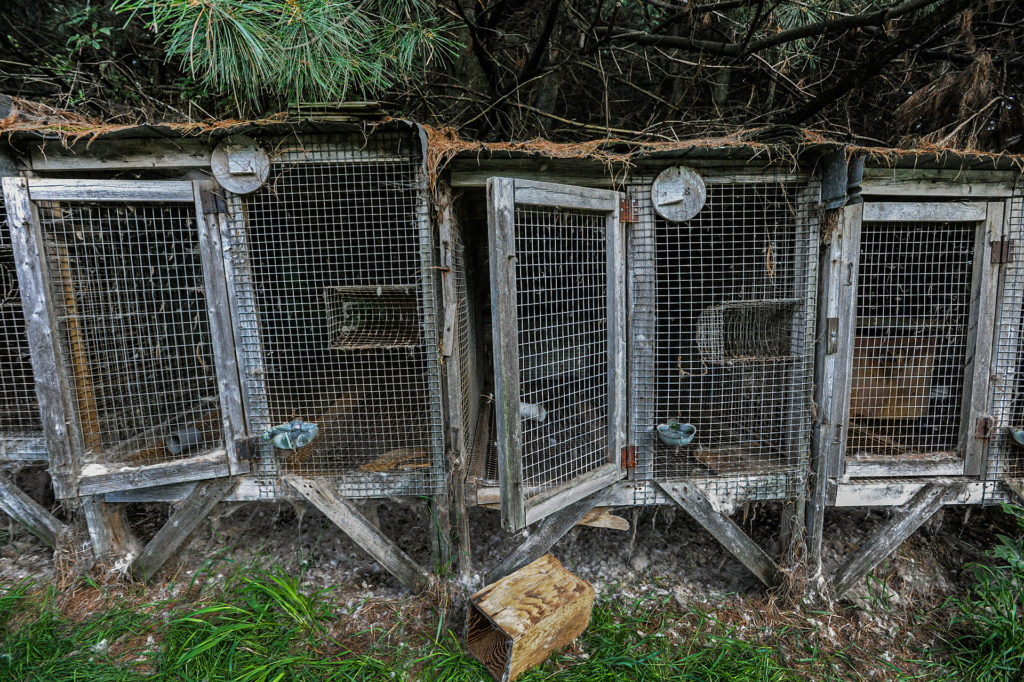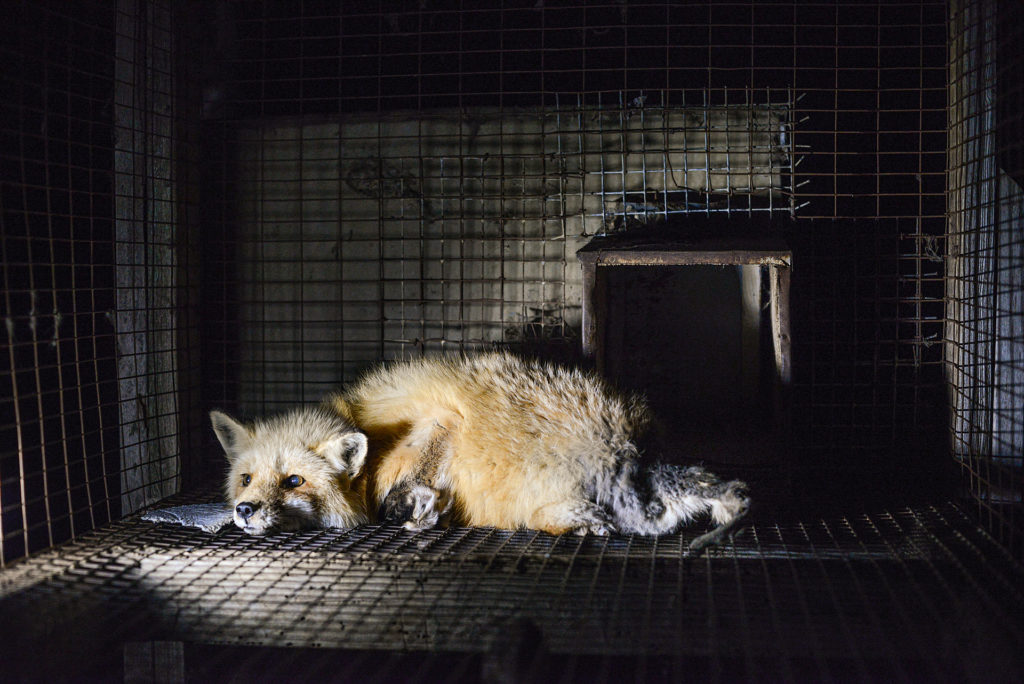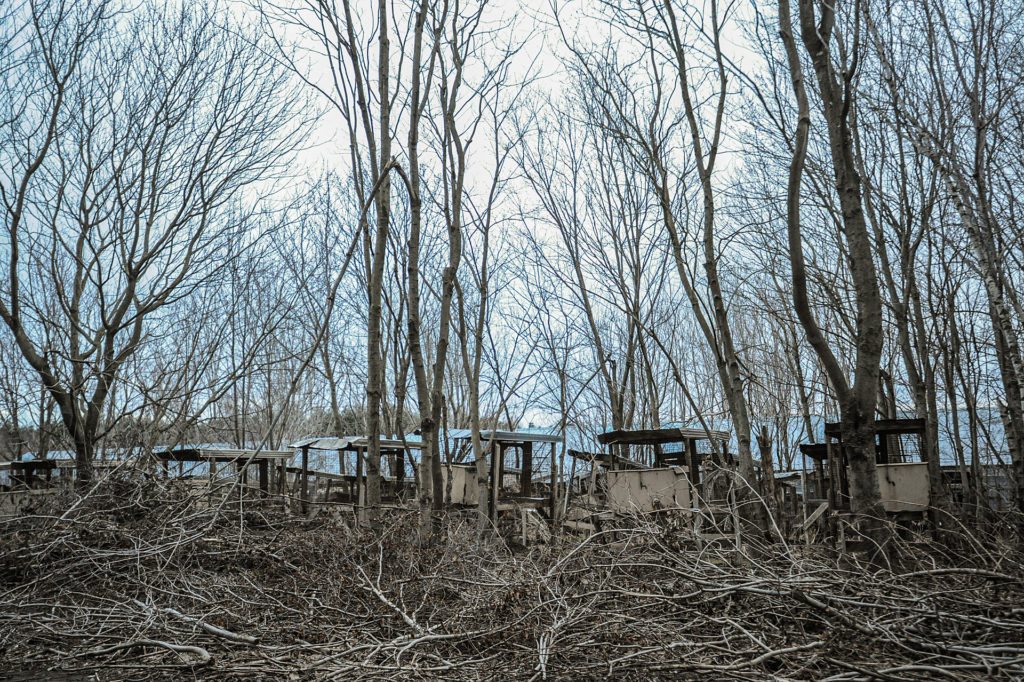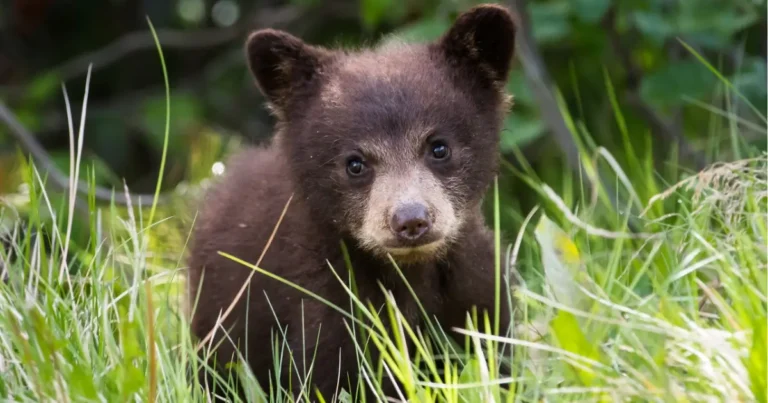Narrated by photojournalist Jo-Anne McArthur, a new video from The Fur-Bearers tells the story of Rose, one of the foxes who lived on a Quebec fur farm.
In 2014, the Montreal SPCA conducted an investigation into a fur farm outside of Montreal. The Fur-Bearers previously released footage of this farm, but we are now telling the story of Rose, a red fox that was housed on this farm. The conditions that the animals were in were horrifying, many animals had to be euthanized upon being discovered by veterinarians.
The owner of the farm was found guilty of animal cruelty in 2017, the first animal cruelty conviction of a fur farmer in Canada. He was fined $5,000 and had to perform 75 hours of community service. The farm is now closed.

One of the victims of this farm that housed 10,000 mink and nearly 100 foxes, was Rose. She was a sweet, gentle animal that experienced a life of misery and pain. Rose was a breeding female fox. Her role on the farm was to produce as many litters as possible. On fur farms, breeding foxes are kept isolated in wire cages and impregnated every year. After they give birth and nurse their pups, their pups are taken from their mothers and placed in their own wire cages, never to see their mothers again. After the pups have grown, they are slaughtered, skinned, and their fur is sold to the fashion industry.
In line with the National Farm Animal Care Council standards, the accepted industry practice to kill farmed foxes in Canada is through anal electrocution.
This cycle repeats every year until the mother fox cannot produce pups anymore; she is then killed. This was Rose’s role. She was kept alive only to be repeatedly impregnated and her pups stolen from her year after year. Rose was found by investigators missing a leg and her tail. As a result of her condition and injuries, she was euthanized by veterinarians.

Across Canada, fur farming is still legal in every province. Hundreds of thousands of animals are bred and killed every year for their fur. Many will experience the same conditions that Rose did, all for luxury fashion products that nobody needs. Rose’s story is significant not only because the farm’s owner was the first fur farmer in Canada charged and convicted for animal cruelty, but also because her condition shines a light on much larger problems in this industry.
Fur farms operate with virtually zero government oversight. It’s usually only because of undercover investigations or tips from the public that fur farms are investigated by authorities. Otherwise, animals like Rose suffer neglected for years without receiving any care or treatment. Rose is one individual among hundreds of thousands on Canadian fur farms that are kept captive for the outdated commercial fur trade.
Take Action
Residents of British Columbia are encouraged to contact their MLA and Minister of Agriculture Lana Popham (AGR.Minister@gov.bc.ca or by phone at 250-387-1023) and politely voice their opposition to BC’s fur farming industry. You can find your BC MLA by clicking here, or send the template letter on this page. At the federal level, Canadians are encouraged to contact their MP to speak out about fur farming. You can find your MP by clicking here.
For more information about the impacts of fur farming on animals, public health, and the environment, view our pages on Fur Farming.

Thank you to We Animals for providing the visuals to tell this story. To support the work of animal photojournalists and view more images and videos of this fur farm and others across Canada, visit weanimalsmedia.org. Special thank you to Jo-Anne McArthur, Alanna Devine, Montreal SPCA and LUSH Handmade Cosmetics.
